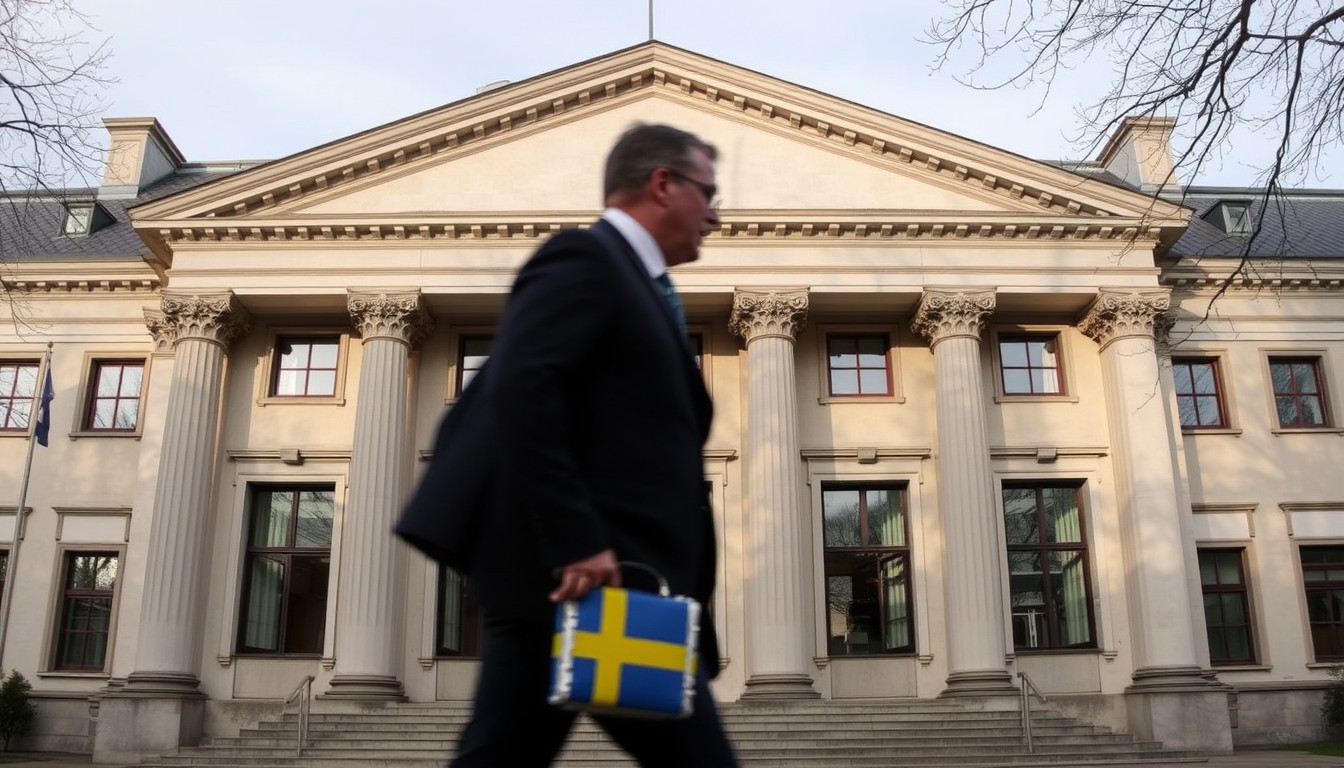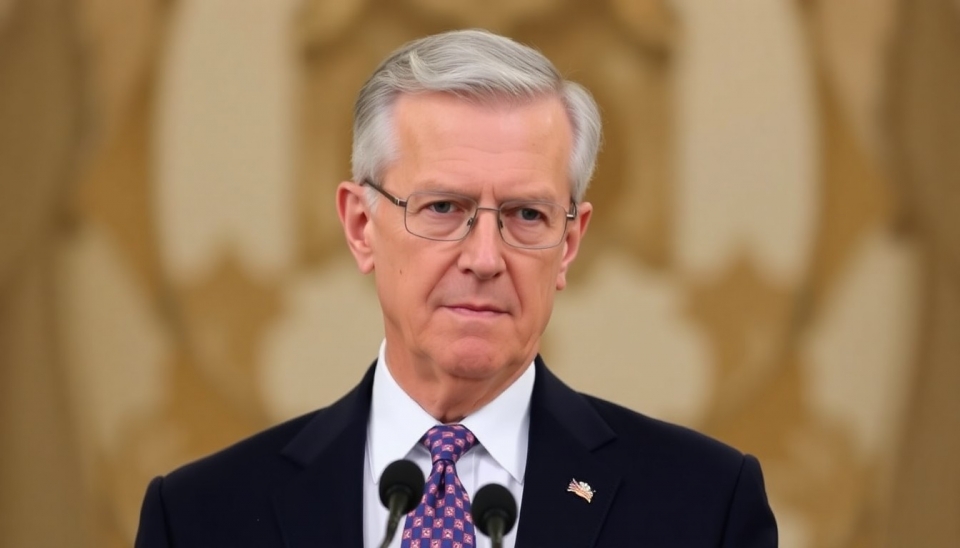Swedish Inflation Remains Steady as Riksbank Prepares for Easing

In Sweden, core inflation rates have remained stable despite the efforts of the country's central bank, the Riksbank, to combat inflationary pressures. Recent data revealed that the annual core inflation, which excludes volatile energy and food prices, remains at 5.4% in August, unchanged from July's figures. This marks a significant decline from 7.5% at the beginning of 2023, indicating that monetary policy is starting to impact the economy.
The Riksbank is simultaneously gearing up for a policy easing. It is anticipated that an announcement will be made at the next monetary policy committee meeting scheduled for September 26. Amid economic uncertainty and concerns about slowing growth, many experts suggest that the time is right to lower interest rates. However, should inflationary risks rise, the central bank may need to reconsider its plans.
The expected decision from the Riksbank is also supported by a broader trend in Europe, where other central banks have begun to contemplate easing monetary policy. The primary reason for a potential rate cut is the need to sustain economic growth amidst difficulties faced by many countries in Europe.
In the coming weeks, market anticipation regarding the Riksbank's next moves will intensify, as market participants closely monitor economic data and the speeches of monetary authorities.
Thus, the stability of Swedish inflation provides room for maneuver for the central bank, which can help mitigate the impact of slowing economic growth on citizens. The measures taken by the Riksbank are awaited with great interest by both economists and investors.




